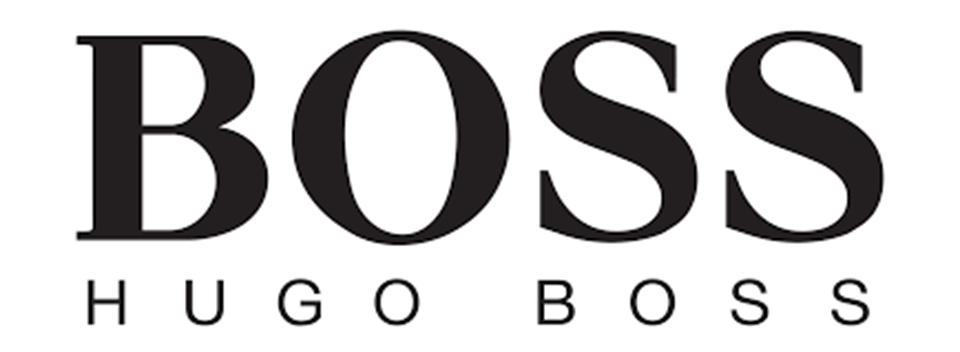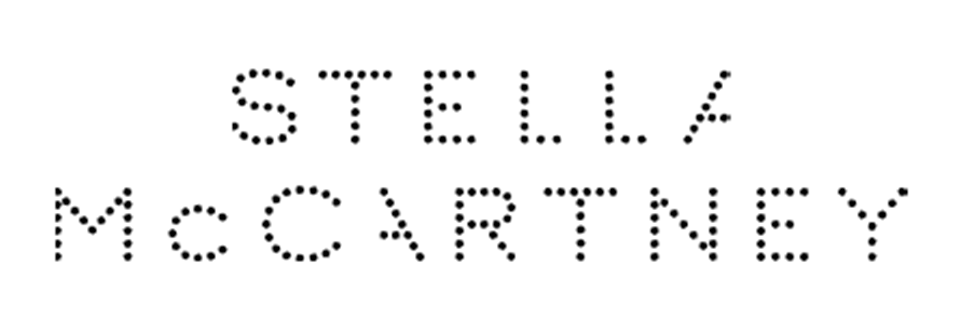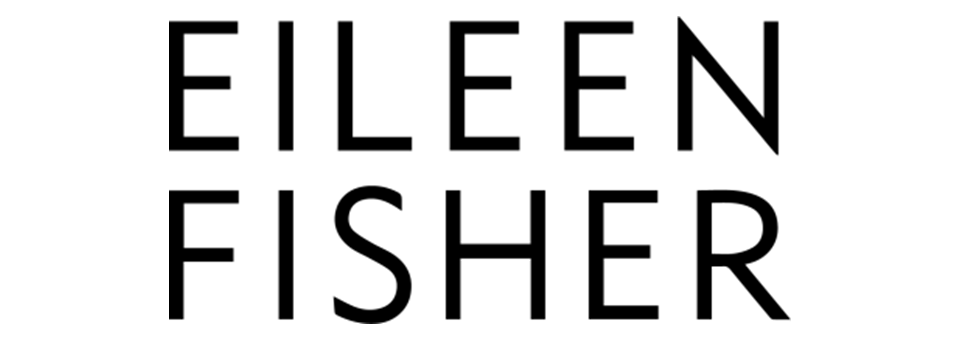Leading Companies in the Global Eco-Friendly Textiles Market
Author:
Intellectual Market Insights Research
Published Date:
28 Mar 2025

Leading Companies in the Global Eco-Friendly Textiles Market
Below is a list of top leading Eco-Friendly Textiles Players along with company details:
Raymond

Headquarters: Mumbai, India
Founded: 1925
Employees: ~7,500+
Revenue (2024): Estimated ?8,500 crore (~$1 billion)
Industry: Textiles & Apparel
Company Overview: Raymond is one of India's largest and most respected textile and apparel brands, known for its premium fabrics, tailored clothing, and growing focus on sustainability. With a legacy of over 98 years, Raymond is a leader in the textile industry, consistently innovating in eco-friendly production, ethical sourcing, and sustainable fashion.
EcoVero™ & Organic Cotton: Uses Lenzing EcoVero™ viscose, which reduces water consumption by 50% and lowers carbon footprint.
Water & Energy Efficient Production: ZLD plants & solar-powered mills reduce environmental impact. Ensures 100% wastewater recycling in textile mills.
Patagonia

Headquarters: Ventura, California, USA
Founded: 1973
Employees: ~3,000
Revenue (2024): Estimated $1 billion
Industry: Outdoor Apparel and Gear
Regional Analysis: Strong presence in North America, Europe, and Asia-Pacific.
Company Overview: Patagonia is a globally recognized leader in sustainable fashion, known for its commitment to environmental activism, ethical supply chains, and innovative eco-friendly textiles.
The company donates 1% of its annual sales to environmental causes, contributing millions of dollars to conservation efforts worldwide.
Pioneer in Eco-Friendly Textiles: First major brand to use recycled plastic bottles for polyester fleece in 1993.
Patagonia is more than a clothing brand—it's a movement towards a more sustainable future. Whether through innovative materials, ethical labor practices, or environmental advocacy, Patagonia continues to set the standard for responsible business in the fashion industry.
HUGO BOSS

Headquarters: Metzingen, Germany
Founded: 1924
Employees: ~17,000
Revenue (2024): Estimated €3.5 billion ($3.8 billion)
Industry: Luxury Fashion & Apparel
Company Overview: HUGO BOSS is a global fashion powerhouse known for its premium menswear and womenswear collections. In recent years, the company has made significant strides toward sustainable and eco-friendly textiles, emphasizing circular fashion, ethical sourcing, and carbon footprint reduction.
By 2030, HUGO BOSS aims to reduce its carbon footprint by 50% across production and logistics.
HUGO BOSS is proving that luxury and sustainability can go hand in hand. As the fashion industry moves toward greener solutions, the brand is setting new standards for premium sustainable apparel.
Stella McCartney

Headquarters: London, United Kingdom
Founded: 2001
Employees: ~1,200
Revenue (2024): Estimated $700 million
Industry: Luxury Fashion & Sustainable Apparel
Regional Analysis: Strong market presence in Europe, North America, and Asia.
Company Overview: Stella McCartney is a trailblazer in eco-friendly luxury fashion, known for championing vegan materials, ethical production, and circular fashion. The brand has set new standards in sustainable luxury, proving that high fashion can be both beautiful and responsible.
100% Cruelty-Free: No leather, fur, or feathers—proving luxury can be animal-free.
Stella McCartney is not just a fashion label—it’s a sustainability revolution. By leading the eco-luxury movement, the brand is redefining what high fashion can and should be.
PANGAIA

Headquarters: London, United Kingdom
Founded: 2018
Employees: ~200
Revenue (2024): Estimated $75-100 million
Industry: Sustainable Fashion & Materials Science
Regional Analysis: Growing presence in Europe, North America, and Asia.
Company Overview: PANGAIA is a materials science-driven fashion brand known for its cutting-edge eco-friendly textiles, sustainable innovations, and commitment to carbon neutrality. The brand seamlessly blends technology, sustainability, and minimalist design, making it one of the most influential names in the eco-conscious fashion industry.
Net Zero Goals: PANGAIA is actively reducing emissions and investing in carbon offset projects.
Water-Saving Technologies: Uses low-impact dyeing processes to minimize water pollution.
PANGAIA is redefining the future of sustainable fashion by merging scientific innovation with ethical production. With its high-tech materials and eco-conscious approach, the brand is paving the way for a cleaner, greener fashion industry.
EILEEN FISHER

Headquarters: Irvington, New York, USA
Founded: 1984
Employees: ~1,100
Revenue (2024): ~$400M
Regional Analysis: Predominantly in North America with expanding international markets.
Company Overview: EILEEN FISHER is a leading sustainable fashion brand known for its timeless designs, ethical production, and circular fashion initiatives. The brand has been at the forefront of eco-conscious fashion for decades, advocating for organic fabrics, fair trade practices, and garment recycling.
EILEEN FISHER has been a leader in slow fashion, prioritizing sustainability across its entire supply chain—from material sourcing to post-consumer recycling.
30+ Years of Sustainability: One of the earliest brands to embrace eco-friendly materials and fair-trade practices.
Organic & Regenerative Cotton: Grown without harmful pesticides to protect soil and farmers.
Recycled Fabrics: Incorporates recycled cashmere and polyester to minimize textile waste.
EILEEN FISHER is more than just a fashion brand—it’s a movement toward sustainability, ethical fashion, and circular design. By prioritizing people and the planet, the brand is leading the way for a greener, more responsible fashion industry.
VEJA

Headquarters: Paris, France
Founded: 2004
Employees: ~300
Revenue (2024): Estimated €150-200 million ($160-215 million)
Industry: Sustainable Footwear
Company Overview: VEJA is a pioneering eco-friendly sneaker brand, known for its ethical production, sustainable materials, and transparency. Unlike traditional sneaker brands, VEJA prioritizes organic materials, fair trade practices, and innovative alternatives to leather while maintaining a stylish, minimalist aesthetic.
The company is revolutionizing the sneaker industry by proving that style, sustainability, and ethics can coexist. By prioritizing fair trade, eco-friendly materials, and responsible production, VEJA is setting a new standard for sustainable footwear worldwide.
Levi Strauss & Co.

Headquarters: San Francisco, California, USA
Founded: 1853
Employees: ~19,000
Revenue (2024): Estimated $6.2 billion
Industry: Apparel & Sustainable Fashion
Company Overview: Levi Strauss is a global leader in denim fashion, known for its iconic jeans, sustainable initiatives, and ethical production. As one of the largest apparel companies in the world, Levi’s has been actively working towards reducing its environmental footprint while maintaining its reputation for quality and innovation.
Water<Less® Technology: A unique finishing process that reduces water use by up to 96% in denim manufacturing and saved over 4 billion liters of water since 2011.
Water Conservation Champion: Water<Less® technology
Climate Action Goals: Targets net-zero carbon emissions by 2050.
Organic & Regenerative Cotton: Aims to source 100% sustainable cotton by 2030.
Recycled Denim & Fibers: Incorporates post-consumer waste into new denim products.
Levi Strauss & Co. is setting a new standard for sustainable denim and ethical fashion. By prioritizing water conservation, recycled materials, and fair trade, Levi’s is proving that even heritage brands can lead the way in sustainability.
Boll & Branch

Headquarters: Summit, New Jersey, USA
Founded: 2014
Employees: ~200
Revenue (2024): Estimated $200-$300 million
Industry: Sustainable Home Textiles & Luxury Bedding
Company Overview: Boll & Branch is a pioneering luxury bedding brand known for its 100% organic cotton products, fair trade practices, and commitment to sustainability. The company has become a leader in the home textiles industry by focusing on ethical sourcing, transparency, and eco-friendly production.
Water Conservation: Uses up to 90% less water than conventional cotton farming.
No Plastic Packaging: Uses 100% recyclable and biodegradable packaging.
Organic Fabric Recycling: Encourages repurposing of old sheets into new textile products.
Regional Analysis of the Eco-Friendly Textiles Market (2025)
North America
- Growth fueled by consumer demand for carbon-neutral apparel and government sustainability policies.
Europe
- European Union regulations push for circular fashion and carbon footprint transparency.
Asia-Pacific
- Demand for eco-friendly textiles and ethical labor practices is rising.
Latin America & Africa
- Growth is slow but promising, with initiatives supporting local organic cotton farming.
Would you like me to add more details on specific companies or market trends? Let me know! CLICK HERE
About US:
Intellectual Market Insights Research is a global market intelligence and consulting organization that provides syndicated research reports, customized research reports, and consulting services. We are known for our actionable insights and authentic reports in various domains including, Semiconductor, aerospace, Automation, Agriculture, Food & Beverages, Automotive, Chemicals and Materials, and virtually all domains and an exhaustive list of sub-domains under the sun. We create value for clients through our highly reliable and accurate reports.



